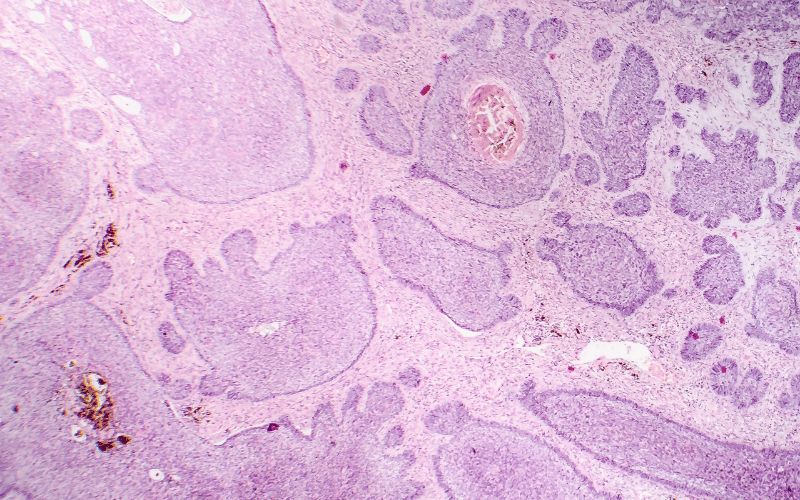Introduction: The Genesis of BCC

When it comes to the realm of skin cancer, basal-cell carcinoma (BCC) emerges as an undisputed leader in terms of prevalence. However, a cloud of ambiguity surrounds its causes, often leaving people unaware or misinformed. The need of the hour is not just to know that BCC exists, but to deeply understand the factors that can trigger its onset. Such understanding equips individuals with the tools to possibly sidestep potential hazards.
Despite its widespread occurrence, BCC remains a subject that’s often brushed under the rug. The general populace, while being vaguely aware of its existence, might not necessarily know the key triggers. And it’s this gap in knowledge that we aim to bridge with this detailed exploration into the causes behind BCC. By shining a light on these reasons, we hope to provide readers with a clear path to prevention and early detection.
A deeper dive reveals a spectrum of causes, from external factors that one might encounter daily to inherent genetic susceptibilities. But before we delve into these causes, let’s set the stage by understanding what BCC really is. At its core, BCC is a type of skin cancer that originates from basal cells. These cells reside in the skin’s outermost layer, and when their growth goes awry, BCC is the result. Now, equipped with this foundational knowledge, we can proceed to uncover the leading causes behind its manifestation.
Cause 1: Ultraviolet (UV) Radiation Exposure

The sun’s golden rays might be inviting, but they come with a darker side: ultraviolet (UV) radiation. This type of radiation plays a significant role in the development of BCC. Daily exposure without protection allows UV rays to penetrate the skin, leading to DNA damage in skin cells.
Interestingly, not all UV rays are the same. There are two primary types of UV rays that impact our skin: UVA and UVB. While UVA rays penetrate deep into the skin and contribute to premature aging, UVB rays damage the skin’s superficial layers, leading to sunburns. Both types, however, can cause skin cancer, including BCC.
But why does UV radiation cause BCC? At a molecular level, UV rays can cause mutations in the DNA of skin cells. Over time, with repeated exposure and accumulation of these mutations, cells may begin to grow uncontrollably, giving rise to BCC.
Prevention is crucial. Regular use of broad-spectrum sunscreen, protective clothing, and limiting direct sun exposure, especially during peak hours, can go a long way in preventing BCC. It’s not just about avoiding sunburns; it’s about protecting your skin on a cellular level every day. Conclusively, while sun exposure can boost mood and provide vitamin D, moderation and protection are paramount to prevent detrimental effects like BCC. (1)